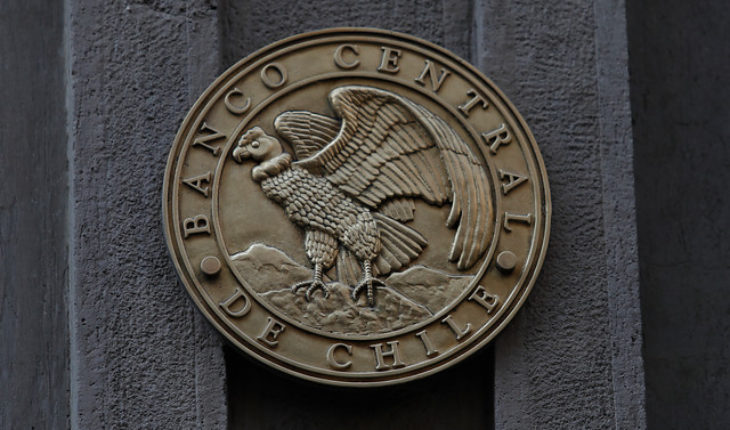As central banks are more and more Larmados by the world economy and willing to increase stimulus, the G20 finance ministers warned of low progress to avoid the main threat; The deepening of trade tensions.
The talks took place in the port city of Fukuoka, Japan, where the experts had breakfasted with the news that President Donald Trump reversed his plans to hit Mexico with tariffs. Good news that you do not shone the dead end that means that the United States and China do not show signs of relief this week. Officials recognized that trade tensions have been “intensified.” U.S. Treasury Secretary Steven Mnuchin, tweeted who had a “candid” and “constructive” talk on trade issues with the governor of the People’s Bank of China, Yi Gang. This while China’s finance minister, Liu Kun, described protectionism as a “crucial challenge,” and urged all parties to defend the rules-based multilateral system.
With finance officials unable to significantly reestablish commercial narrative, markets will have to wait another few weeks for the next opportunity for a breakthrough, when Presidents Trump and Xi Jinping are expected to meet At the G-20 leaders summit in Osaka.
“We have to take a multilateral approach. Trade does not work well with a bilateral approach, “Japan’s finance minister Taro Aso told the press. If economic activity deteriorates, then “all possible political tools must be mobilized,” Aso said.
The message of the Japanese secretary of state was similar to that of his counterpart in Germany.
“We all expect trade tensions to disappear,” said German finance minister Olaf Scholz in an interview with Bloomberg television. For now, the “outstanding questions” about us-China trade negotiations are having a real impact on global development, and eliminating that uncertainty would have a “big impact” on Germany’s economy, he said.
Canada’s finance minister, Bill Morneau, found reasons to be optimistic in trade, but with qualifications. The lifting of the U.S. tariff threat In Mexico helps drive the joint U.S. trade agreement And Mexico-Canada, as well as cancellation by the U.S. Of steel and aluminum tariffs in Canada, he said in an interview with Bloomberg television. Canada continues to oppose the use of tariffs as a global trade strategy, he said.
Morneau also hopes that a thaw in US-China relations will help Canada repair its own relationship with China. For now, Canada and China are in a “tough time,” marked by Huawei’s dispute, Canadians imprisoned, and cancelled canola purchases, he said.
translated from Spanish: Bad moment of the world economy puts central banks as main engines
June 10, 2019 |





